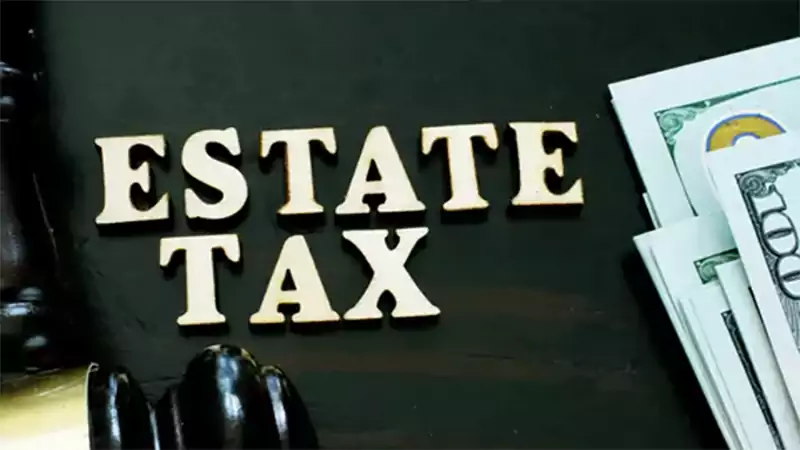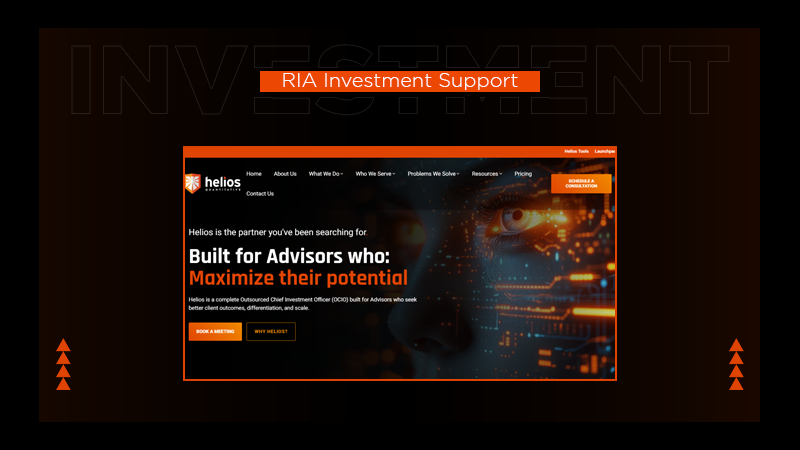As it is a fact that it never remains the same, and keeps evolving and advancing.

Are you one of the people who heard about cryptocurrency importance, and decided to get into it? If yes, then you are in the right place. Cryptocurrency is no longer just a hashtag word, but has become a part of everyday business. Companies have started using them as a way of payment.
It’s very different from other assets, as it never settles down. Its value keeps changing and fluctuating, transactions get done through blockchains, and organizations still try to catch up. No doubt, it has entered the mainstream. But to grow using it, you need to understand how it actually works and how you account for it.
Ready to discover how to reshape your finances using crypto? Continue reading this article to learn how to account for crypto. Go through the complaints and regulations, and also, explore the reporting challenges it brings.
Key Takeaways
- Crypto is very different from other assets, as its value keeps changing every minute.
- Regulatory bodies are reshaping how crypto should be taxed and function.
- Having the required knowledge is very important to ensure compliance.
The Changing Regulatory Landscape
Crypto accounting has one key difference from traditional finance: it’s constantly evolving.
In the UK, crypto assets fall under the guidance of several regulators, most notably the Financial Conduct Authority (FCA) and HM Revenue & Customs (HMRC). Each body has a slightly different focus, but together they’re shaping the rules that define how crypto should be treated.
- The FCA focuses on protecting consumers and ensuring fair market practices, especially for companies offering crypto-related services.
- HMRC governs taxation and reporting. It treats most crypto holdings not as currency, but as property, meaning they can trigger capital gains tax when sold or exchanged.
For businesses, this distinction matters. It indicates that vrypto is not “money” in the traditional accounting sense. Rather, it’s a digital asset. This affects how it’s valued, taxed, and reported in financial statements.
And the pace of change is quick. As new types of tokens and services appear, the regulatory framework must adapt. Stablecoins, for example, are under increasing scrutiny because of their growing use in payments and trading.
The Complexity of Valuing Crypto Assets
It is very different from other traditional investments, as crypto assets are never expected to remain constant. Prices change unexpectedly within hours, which makes it confusing to set their value.
For financial reporting, fair value measurement is key. Under IFRS (International Financial Reporting Standards), crypto assets typically fall under “intangible assets.” That means they must be measured at cost or revalued based on fair market value, depending on the entity’s policy.
However, this presents two major challenges:
- Frequency of valuation – Since crypto markets never close, determining a single “reporting value” requires careful judgment.
- Reliable data sources – With thousands of exchanges offering slightly different prices, choosing the most credible source becomes critical.
Auditors also face new obstacles. They must verify ownership of digital wallets, confirm transaction histories, and validate prices at specific timestamps, all without a central authority.
For companies holding large crypto positions, this adds a new layer of risk and administration. It’s not just about recording transactions but proving their authenticity and accuracy.
Taxation and Compliance Obligations
In the UK, crypto tax rules are becoming more defined, but they still demand close attention.
Individuals typically face capital gains tax (CGT) when they dispose of crypto, whether that’s selling it for pounds, exchanging it for another token, or even using it to pay for goods or services.
Businesses face a slightly different scenario. Depending on how crypto is used, it can fall into several tax categories:
- Trading income – For companies actively buying and selling crypto as part of their operations.
- Capital assets – For long-term holdings or strategic investments.
- Employee compensation – If staff are paid in crypto, it counts as earnings and is subject to PAYE and National Insurance.
This level of nuance makes record-keeping absolutely essential. Every transaction, even microtransactions, needs to be tracked with date, value, and purpose.
Interesting Fact
More than 67% of the finance leaders have shown agreement to improve crypto accounting standards and automation tools.
Tools and Technology for Better Crypto Accounting
As crypto moves into the mainstream, new tools are emerging to make accounting less painful. Platforms now exist to automate wallet tracking, exchange data imports, and transaction categorisation.
Some tools are directly integrated with popular accounting software, allowing businesses to sync crypto balances with their general ledger in real time.
There’s also a growing role for advanced analytics and automation. Artificial intelligence (AI) can now flag unusual transactions, predict tax liabilities, and generate real-time reports.
Interestingly, many of these systems borrow techniques from traditional finance, like those used by a CFD trading broker, applying similar risk controls and data accuracy standards to digital assets. It’s a sign of how rapidly traditional and digital finance are beginning to align.
Global Moves Toward Standardisation
The UK isn’t alone in trying to make sense of crypto accounting. Globally, regulators and standard-setters are working to make crypto markets better.
Bodies such as the International Accounting Standards Board (IASB) and the Financial Stability Board (FSB) are exploring frameworks for digital assets, including how to categorise stablecoins, NFTs, and decentralised tokens.
The goal is clear: to prevent gaps that could be exploited for tax avoidance, misreporting, or fraud.
For multinational businesses, this global alignment will make cross-border reporting far smoother. It will also reduce the compliance burden by unifying definitions and valuation methods.
However, until a universal framework is agreed, each country will continue to apply its own interpretation.
Educating Finance Teams and Leaders
One of the most overlooked challenges in crypto accounting isn’t technology, it’s knowledge.
Finance teams used to dealing with conventional assets now face entirely new concepts, from private key security to blockchain verification. Without the required knowledge and training, even experienced accountants can struggle with new standards and updated tools.
That’s why continuous education and specialist support are so important. Many firms are now partnering with crypto experts, auditors, and consultants to close the skills gap. Others are hiring in-house digital finance specialists who understand both the technical and regulatory sides.
And just as investors rely on trustworthy intermediaries like an online trading broker to navigate complex markets, accountants too must rely on credible data and professional guidance to manage crypto with confidence.
The Road Ahead for Crypto Accounting
The accounting profession is standing at the edge of a major transformation. Digital assets are here to stay, and their presence on balance sheets will only increase.
Regulators are responding, technology is catching up, and businesses are learning to adapt. But the journey is far from over.
The future of crypto accounting will depend on three key things:
- Clearer international standards.
- Greater automation and integration between crypto platforms and accounting systems.
- Continued collaboration between regulators, accountants, and technology providers.
Ultimately, success in this space won’t come from treating crypto as a novelty. It will come from understanding it as a legitimate, measurable, and accountable asset class; one that deserves the same rigour as any other financial instrument.





